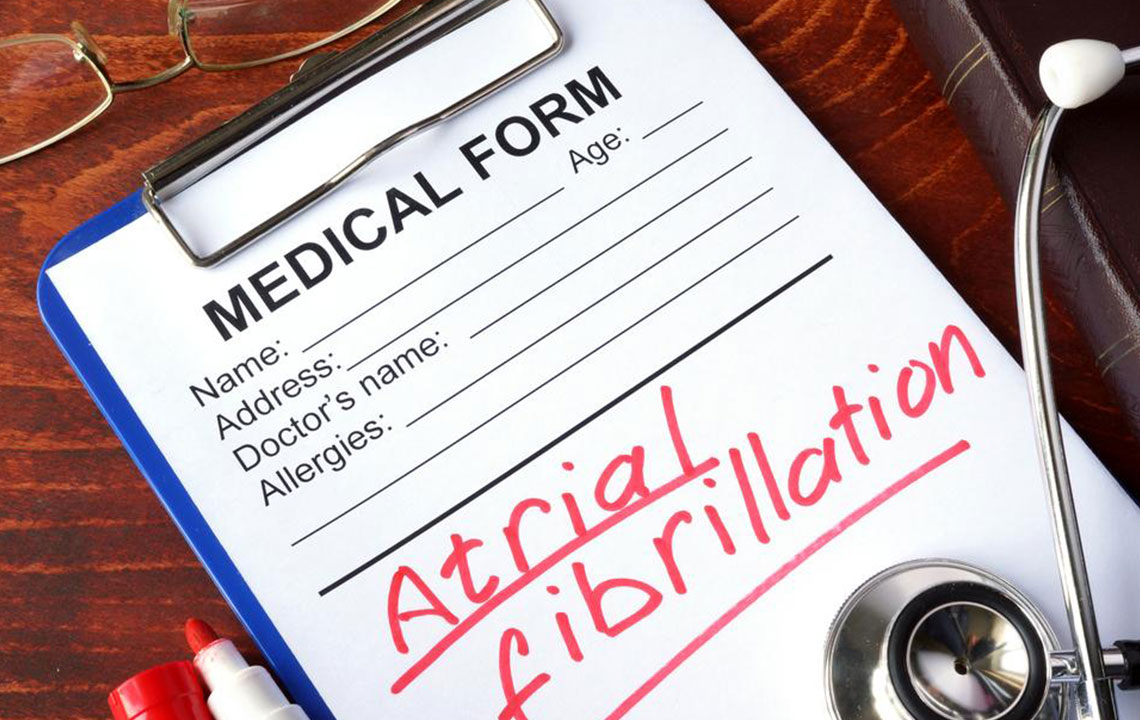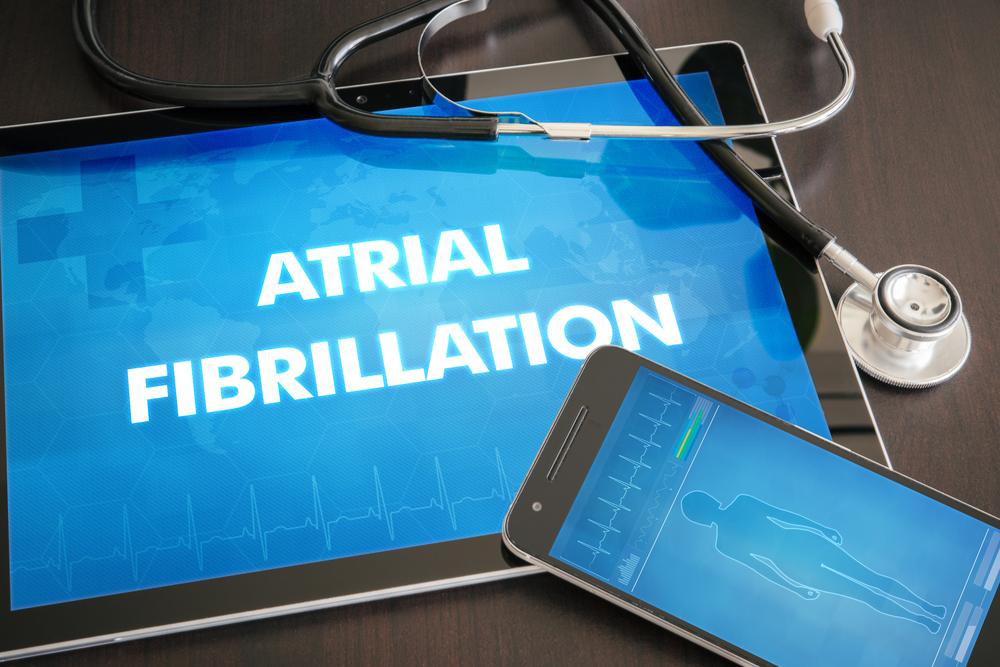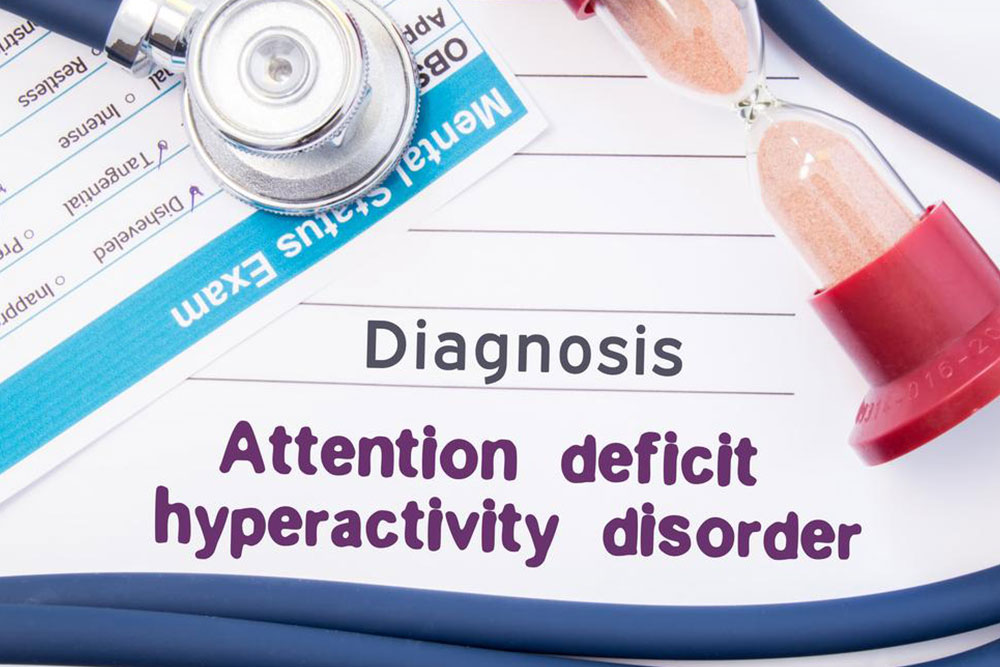Understanding Atrial Fibrillation: Symptoms and Treatment Options
Atrial fibrillation is an irregular heart rhythm that can cause serious health risks like stroke. This article covers symptoms, diagnosis, and various treatment options including medications and medical procedures. Early detection and specialist consultation are essential to managing AFib effectively and preventing complications.

Atrial fibrillation (AFib) is a heart condition characterized by an irregular and rapid heartbeat. This disorder can cause symptoms like shortness of breath, fatigue, and heart palpitations. If left untreated, AFib might lead to blood clot formation, increasing the risk of stroke. When the upper chambers of the heart fibrillate, blood circulation becomes inefficient, resulting in discomfort, fatigue, and arrhythmia. Effective management requires medical assessment to identify underlying causes. Treatments range from medications to procedures such as cardioversion, catheter ablation, or the implantation of a pacemaker. Recognizing symptoms early and consulting a cardiologist is crucial for proper care.









